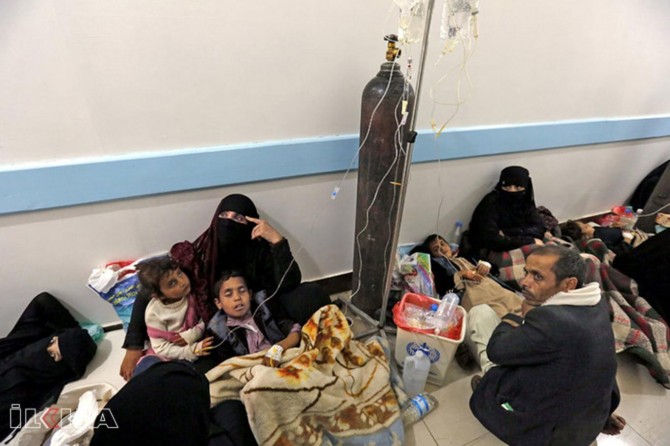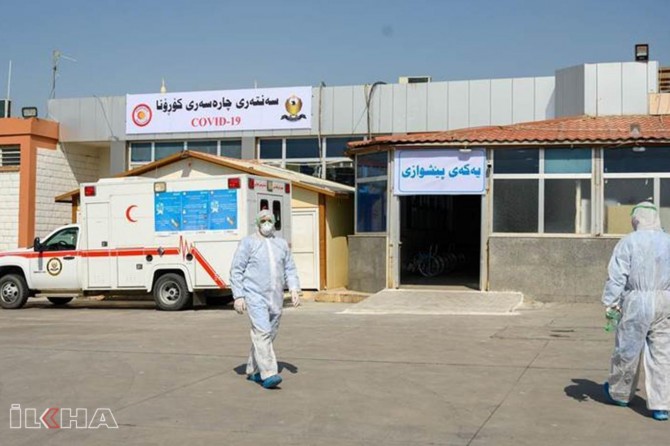
Largest cholera outbreak in history occurs in Yemen
The UN says Yemen is facing the largest and fastest-spreading cholera outbreak in history, which it already has spread 92 percent of the country.
Yemen, where coalition forces led by the Saudi regime have attacked since March 2015, is suffering a complete health catastrophe.
In the country where epidemics have almost killed more than conflicts, cholera cases have spiraled out of control.
The cholera outbreak has reached over 460,000-suspected cases this year, including approximately 200,000 children amid Saudi-led coalition aggression.
This exceeds the 380,000 total suspected cases in the whole of 2018. So far this year, 705 deaths have been recorded from suspected cholera – versus 75 deaths in the same period last year or nine times more.
The cholera epidemic in Yemen, where one of the biggest humanitarian crises of the recent period is taking place, is thoroughly out of control. People are almost destroyed not by war, but by famine and epidemics.
"We are facing the largest and fastest-spreading cholera epidemic in Yemen in history," said Stephane Dujarric, a spokesman for the U.N. Secretary-General. "The outbreak has spread to 92 percent of the country."
The cholera outbreak has reached over 460,000-suspected cases this year, including approximately 200,000 children amid Saudi-led coalition aggression.
This exceeds the 380,000 total suspected cases in the whole of 2018. So far this year, 705 deaths have been recorded from suspected cholera – versus 75 deaths in the same period last year or nine times more.
UN deputy spokesman Farhan Haq further said on Monday that 705 apparent cholera deaths had been documented since January, a dramatic increase from the 75 deaths reported in the same period last year.
He blamed the speed at which the disease spread across the country on recent flash flooding, poor maintenance of waste management systems, and a lack of access to clean water for drinking or irrigation.
There are about 1,200 cholera treatment facilities across Yemen that are being operated by the UN and its partners, but Haq warned that "funding remains an urgent issue."
Only 32 percent of the UN humanitarian appeal for the 4.2 billion dollars to help over 20 million Yemenis this year has been supplied.
The ongoing war in the country has caused major damage to infrastructure, rendering the sewage system unusable.
Lack of access to clean water in the country, malnutrition, deficiencies in medicines and medical supplies are also laying the groundwork for the emergence and spread of epidemics such as cholera.
The UN says over 24 million Yemenis are in dire need of humanitarian aid, including 10 million suffering from extreme levels of hunger, as a result of the war.
ILKHA










Türkçe karakter kullanılmayan ve büyük harflerle yazılmış yorumlar onaylanmamaktadır.